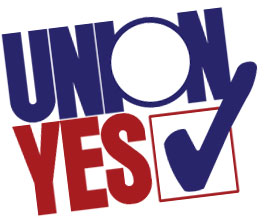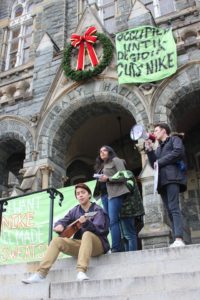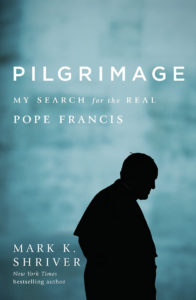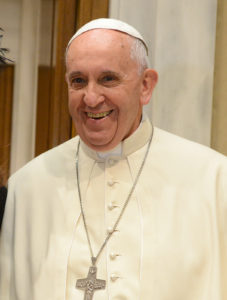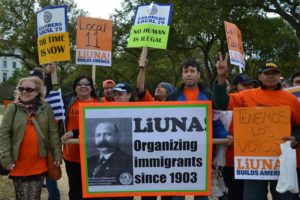Gaps–Part One
by Bill Droel and John Erb
For some time now, we have thought about the meaning of income levels in our society. Our main point in this essay is not so much the preciseness of the numbers, although we consulted several sources. This multi-part essay is one attempt to put lots of discussion into one format. In our professional settings (a financial advisor’s office and a community college) and in informal conversations, we sense that most of us have only a vague notion of economic realities in our country. Despite comprehensive books about inequality, despite newspaper articles about factory closings or about new business ventures, despite national political campaigns, most of us are fuzzy about how our situation compares with others and about our own prospects for economic stability and about the reliability of our economy’s promise: “Hard work will be rewarded.”
In normal conversations people do not speak too specifically about their income. Even in those situations where personal income is revealed, many people lack an up to date perspective on how their family compares to others. For example, $85,000 per year was once considered a good income, but for most Americans today this amount is often not enough to dispel economic stress.
Does our $85,000 income example include a pension or a retirement account? Probably not, because as each year goes by many more families have no guaranteed pension. That means families who deserve a secure retirement have to dedicate about 15% of earnings toward retirement savings. Social security benefits, under both Democrats and Republicans, have been reduced, and continue to trend in that direction. Thus, an individual’s own savings becomes more important for security in retirement.
In addition to concern about retirement, our $85,000 family is likely stressed these days because of health care insurance. There has been a 25% increase in insurance cost over the last five years for the middle class, even though the insurance mechanisms have supposedly been reformed.
And finally, there is college education for this family. Its cost was not proportionately a big part of a family’s budget even 20 years ago.
So, if a seemingly secure family is budgeting for retirement in a responsible way, has adequate health care insurance and is saving for college, there is not much left over on an $85,000 income.
The Gaps
It is true that the overall U.S. economy has doubled within the past 35 years. It is true that the average income has increased. The income gap, however, is growing. When it comes to income increase, 70% of it now goes to those already in the top 10% of income. More dramatically, the top 1/10% is gaining income far ahead of all others, including the next top 9.9%.
For half of all U.S. families, their share of the growing economy has shrunk significantly. This bottom 50% of families earns 12.5% of the country’s total income. Those in the top 1% in income actually get 20% of the total income in our country.
In addition to an income gap there are parallel social gaps. We stress that there is not an easy cause-effect relationship between these other gaps and the income gap. That is, it is wrong to say that if every family changed their behavior on this-or-that, those families would increase their income. Or that if somehow a family would simply move from here to there, that family would increase its income. It is likewise wrong to say that if only government had this social policy instead of that social policy, families would get with it and they would improve their income.
Nonetheless, some social and cultural gaps strongly parallel the income gap. Specifically, there is general correspondence (though not hard cause-and-effect) between income and one’s geography, one’s cultural setting, one’s educational level and one’s family stability. To be continued…

